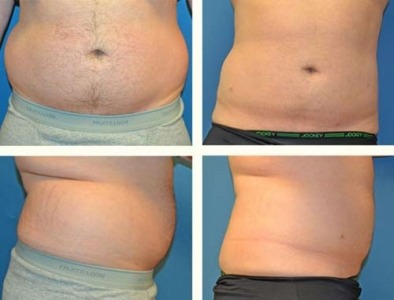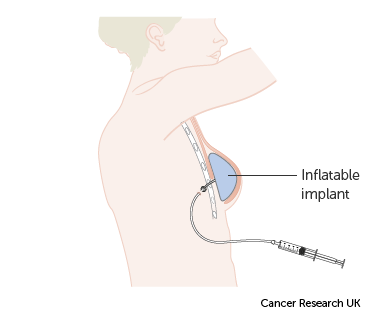
If you are looking to have a breast implant placed after radiation treatment, it may be worth considering an autologous tissues breast reconstruction. This involves transferring excess abdominal tissues to your chest with the specialized techniques used in microsurgery. This surgeon is fellowship-trained in this field and double-board certified.
Incidence of complications
Breast implant surgery can be affected by complications from radiation treatment. Patients may need to undergo multiple procedures before achieving satisfactory results. Breast implants may need to be removed in severe cases. Hematoma, a buildup of blood near the site of surgery, can also be a problem. This can lead to swelling and bruising as well as pain. This complication is more likely if there has been a previous infection. To treat the complication, a doctor may recommend a reoperation.
Implant contracture or asymmetry is another risk that radiation treatment can pose. This is a common problem that can be caused by muscle. Revision surgery may be required to correct this condition. Before surgery, the surgeon will measure and mark the contracted superior Pole contour. The surgeon may also mark the desired superior Pole contour two to 4 centimeters below that contracted pole contour. The final breast shape should be in line with the contralateral, non-irradiated breast.

Impact on quality-of-life
Breast cancer research is still focusing on the impact of radiation and breast implant placements on quality of life. It is becoming more clear that patients who combine the two procedures are better able to enjoy a higher quality of living and a better cosmetic outcome. However, there is still debate as to which approach is best. The best approach for patients can be determined by research.
Modern surgery and radiation therapy may reduce the chances of breast carcinoma recurrences. With modern treatment, the rate of recurrence is between 5% and 7% after ten year, and between 6% and 7% after twenty years. However, breast cancer survivors who undergo radiation therapy also face the risk of recurrence of the tumor, which significantly increases the likelihood of complications.
Complications
Women who have undergone breast implants and radiation therapy face several risks. These risks include a decrease of breast elasticity and firmness. Radiation also reduces blood circulation by damaging the microvascular circulatory system. These side effects may last a lifetime. Radiation can also cause inflammation within the lungs. This can lead to dry coughing and shortness in breath.
Researchers analyzed the complication rate at two years for patients who had breast reconstruction using radiation and breast implants. The researchers found that at least 39% of patients treated with radiation or implants were affected by some kind of complications. This rate is significantly higher than for patients with implants only who underwent autologous surgery. However, the overall complications rates were very similar.

The treatment options
There are two treatment options available for radiation-induced cancer of breasts and breast implants: autologous tissue transplant and breast reconstruction. The latter approach involves transferring excess skin and fat from the abdomen or back to the chest. This approach improves the quality of the chest wall tissues and uses the patient's own blood supply. The procedure takes a longer time but may have fewer complications.
There are many risks involved in breast implantation surgery. Your comfort and overall health will depend on the choice of treatment. Radiation can also cause scarring or hardening of breast implants. This can lead to a less attractive cosmetic result. Radiation can also cause chronic pain. Radiation therapy may also lead to chronic pain. Breast reconstruction is therefore recommended.